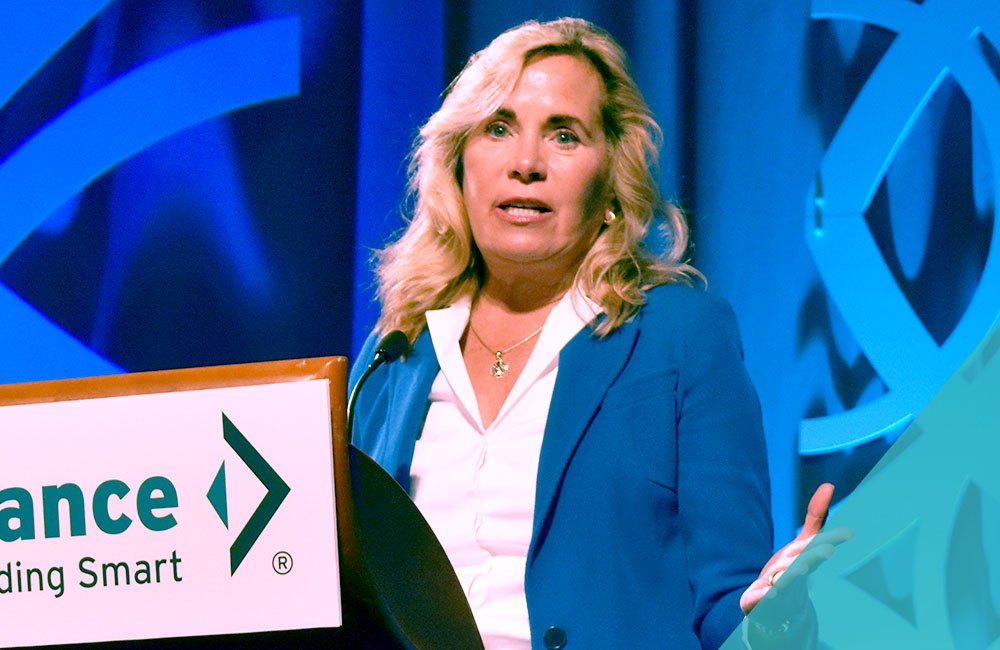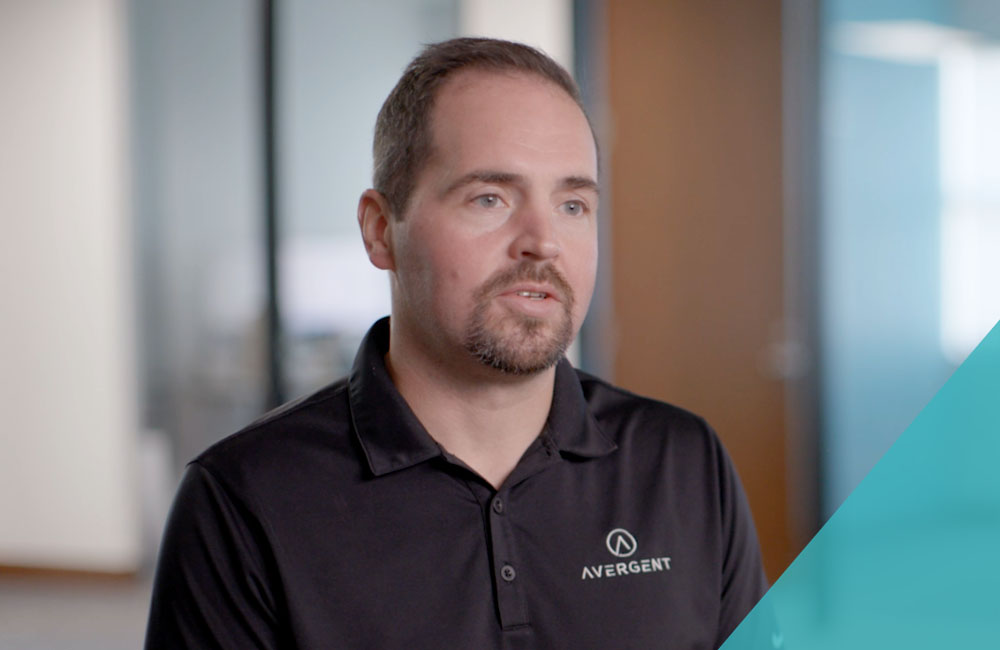
Employers May Be the Biggest Driver of Health Care Change
The Alliance is a purchaser of health care services on behalf of our employers. That means that The Alliance is not a typical payer or insurance plan but understanding what health insurance plans are doing is essential to continuing to learn and grow to help our employer-members. Attending the AHIP (America’s Health Insurance Plans) Consumer Experience and Digital Health Forum involved a lot of discussion around transparency, benefit plan design, and payment reform – what we consider to be the core drivers that employers can use influence in high-value health care. And most exciting of all, one of AHIP’s panelists, Martin Makary, MD, MPH, said the very thing we know to be true. Employers may be the biggest driver in creating change within health care.
Data was a major theme at the conference. Not just for consumers, who want access to their own health data, but also for doctors and employers to have greater access to claims data. Farzad Mostashari, MD, ScM talked about how claims data could help predict patient outcomes by analyzing medical errors and oversights. He suggested that there isn’t greater availability to this data because people are okay with the status quo, quoting Upton Sinclair. “It is difficult to get a man to understand something when his salary depends upon his not understanding it.” Salaries depend on keeping data hidden, so it remains unavailable to those that might benefit from it most.
Dr. Mostashari believes, in the end, that all the worries about price transparency will have the same outcome as the transparency around clinical data. “It will be fine.” Every other industry that has gotten more transparency has seen more innovation, so he thinks it will improve health care.
In addition to the transparency around cost related to health systems, there was also a session about the role physicians play in health care transparency. Martin Makary, MD, MPH, presumes that there needs to be greater availability of quality data with measures beyond just complications. He has been focusing on the appropriateness of care and billing quality. Both Dr. Makary and Reed V. Tuckson, MS, FACP agreed that there should be a standardization of quality measures, so doctors are measured similarly and know the expectations.
They also talked about how doctors can help change patient behavior. “Access to data is not enough. Data alone doesn’t change behavior,” Dr. Tuckson said. He feels that physicians need to understand people’s decision-making and beliefs about health better. He wants to work with health plans to get data on how to be more consumer-centric. This topic isn’t covered in medical school, and Dr. Tuckson said there needs to be medical education around how to change people’s behaviors.
Dr. Makary also believes employers have the biggest ability to drive high-value care through steerage and by owning independent primary care clinics. He mentioned large employers, like Walmart, and I chimed in that we have small employers doing that great work as well. And that those are just two strategies The Alliance is working with employers to implement to drive high-value health care.
For more information on the strategies that our employers have implemented around high-value health care, and tips for self-funding, read The Alliance case studies. To learn more about how The Alliance works with employers to make health care more affordable, contact our Business Development team. Members and their advisors who want to learn more about our four core drivers are encouraged to contact the Member Service Team.








